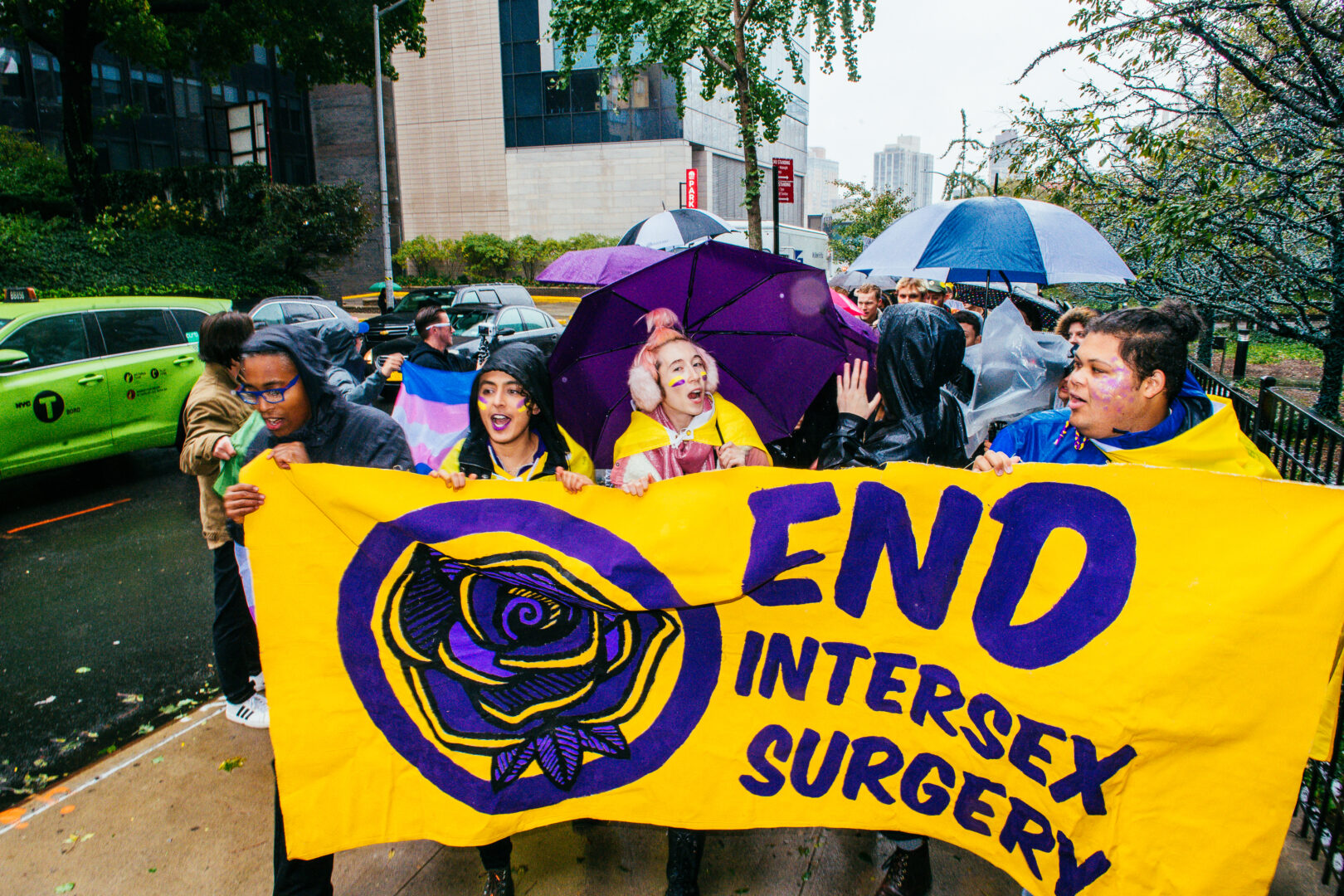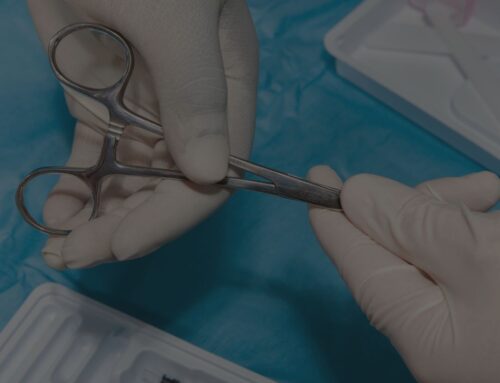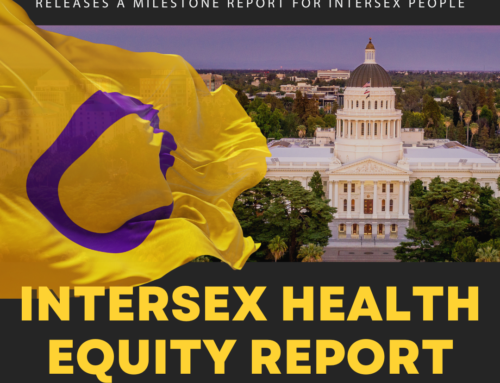
Protest by Intersex Justice Project
Intersex people in the US are in a lengthy battle for their ownership of their bodies. For hundreds of years (and especially over the last century) doctors have engaged in medical meddling when children are born with sex traits outside of what is typically expected for a boy or a girl. This can look like irreversible surgeries, accompanied by complications and sometimes resulting in gender dysphoria. Doctors meddled even when the baby was healthy. Doctors meddled even after those children grew up into intersex adults, with some voicing they wish they’d been left alone. To this day, intersex children are still not free.
The US lags on intersex rights
Intersex genital mutilation is a human rights violation and is more and more frequently recognized as one.
The United Nations recognized years ago that “these procedures may violate [intersex peoples’] rights to physical integrity, to be free from torture and ill-treatment, and to live free from harmful practices.” They called for a full prohibition on medically unnecessary surgeries on intersex children. The UN also called for an investigation on those human rights violations, prosecution of the perpetrators, and compensation for victims.
The United States has been slower to call for an end to what others globally have recognized as torture, mutilation, and abuse of children.
Change is in the air
- President Biden stated that “it is the policy of the United States to pursue an end to violence and discrimination on the bases of sexual orientation, gender identity or expression, and sex characteristics” in 2021.
- The US recently spoke on the UN Human Rights Council acknowledging that “intersex people, including minors, continue to be subjected to unnecessary surgeries without their consent.”
- This past year on Intersex Awareness Day, the Department of State expressed that governments are responsible for protecting the human rights of intersex individuals, and pledged solidarity with intersex advocates and activists.
- Now, the US Strategy to End Gender Based Violence Globally specifically calls for the end to “mutilation of genitalia of intersex infants and adolescents” as part of this agenda. It’s named under the need to protect LGBTQI+ gender equality. This includes an end to “conversion” therapies that violently change or suppress a person’s gender identity or sexual orientation, as well as nonconsensual efforts to change the sex characteristics of intersex children.
Where historically the US government has remained troublingly quiet on the human rights violations of intersex people, change seems like it’s arriving.
We’ve named discrimination. Now let’s end it.
Not only has the US government recognized intersex bodily autonomy as a critical issue to act on, it is increasingly included as part of broader strategies to advance the human rights of children, and to end gender based violence, conversion therapies, and other extreme forms of LGBTQI+ discrimination.
To the extent this is a new approach the US is taking to finally crack down on violations of bodily autonomy, we truly welcome it. We also call for more. Intersex people don’t have time to wait for slow change and noncommittal language to yield results. Intersex children and adults are right now being harmed by gendered violence in medical systems and subjected to, or pressured into accepting, changes to their sex traits.
The US seems to have finally taken a stance firmly in support of intersex bodily autonomy. All that’s left beyond commitment and strategy is what concrete steps the US will take. We at interACT are eager to help build out the plan for the right to self determination and freedom for intersex people and all LGBTQI+ individuals across the US.
P.S. You can contribute to the fight here in the US for the rights of intersex youth!






